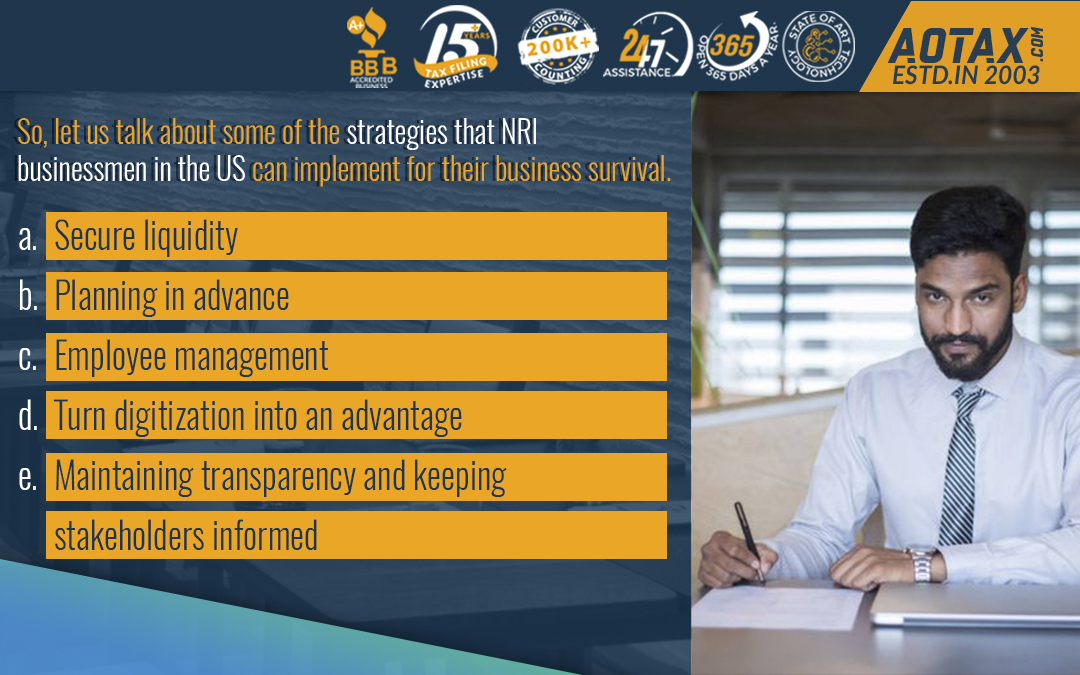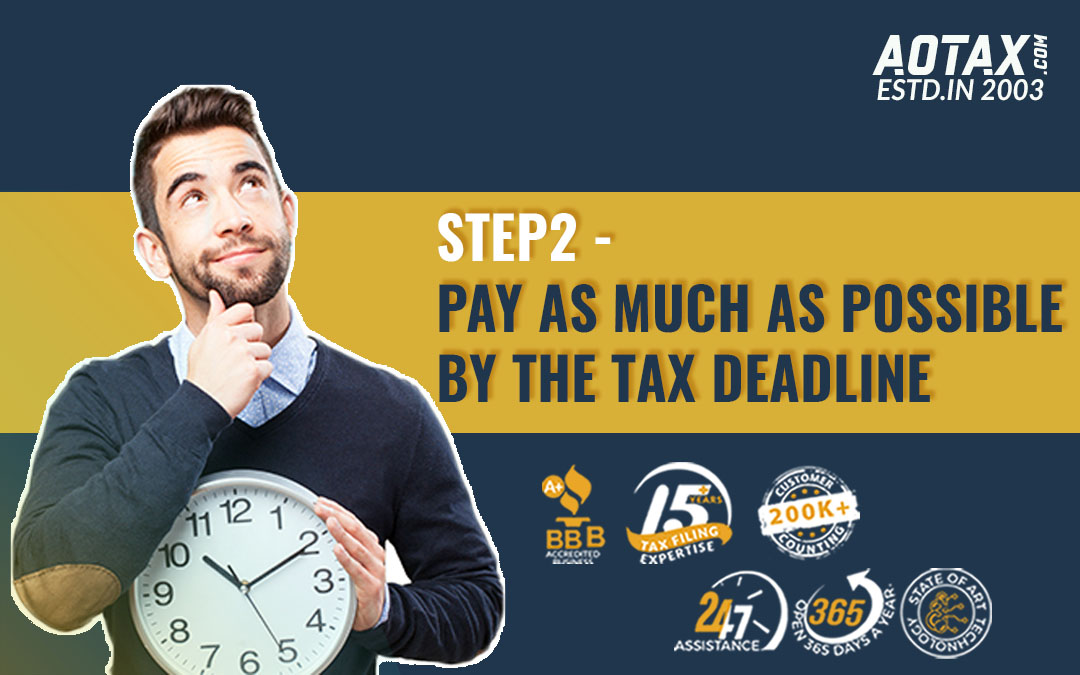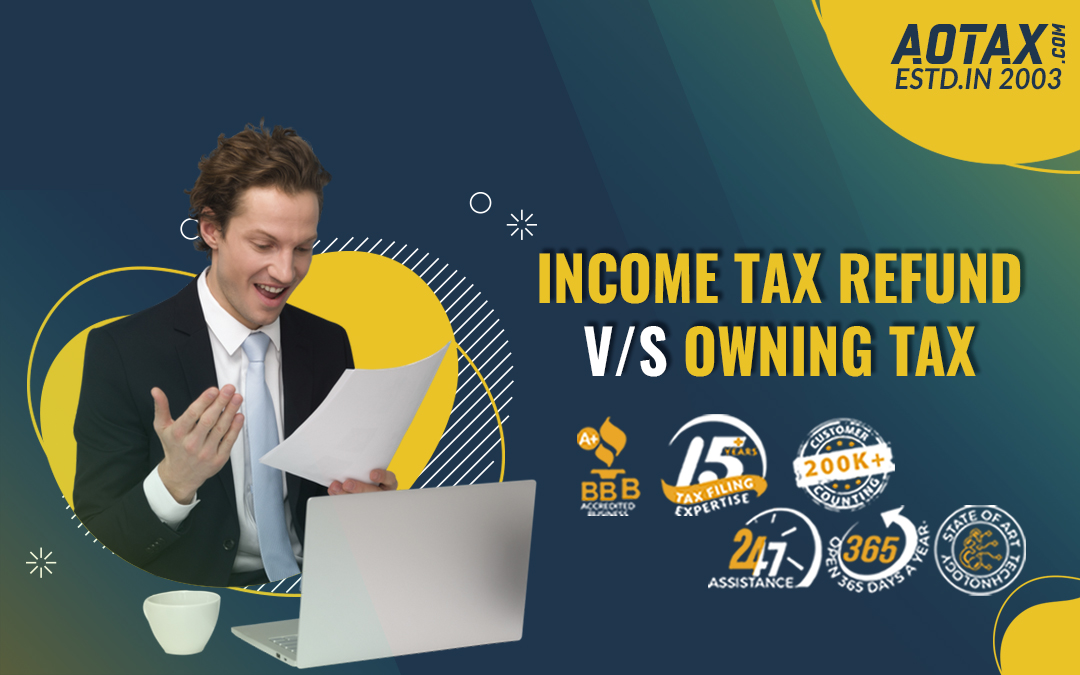
Top #5 things to know about Tax Liability amongst spouses
Top #5 things to know about Tax Liability amongst spouses
Marriage is the time when you vow to stand by the side of your spouse through thick and thin throughout the rest of your life. You might be having the idea that you know everything about your partner; however, there might be a secret that you might not be aware of i.e. the tax debt. You would want to know if the IRS can come after you or charge you for your spouse’s taxes. Yes, you can be liable for the tax debts of your spouse but only in certain circumstances.tax liability amongst spouses.
1.Can I be held liable for my spouse’s tax debts?
The main reason as to why the IRS would come after you for your spouse’s tax debts depends on factors such as when you filed your tax returns and your tax return filing status. In case, your spouse had claimed false deductions or failed to pay off the debts to IRS you might be held responsible for this.
Filing status and liability determines whether you would be liable for your spouse’s tax debts or not.There are two options available for married couples i.e. filing jointly or filing tax returns separately. These options will be available to you if you are filing your tax returns being married to a foreign citizen or a resident.
a.Married filing jointly
Your tax filing status is important as it will determine your taxable income. When filing your tax returns jointly, you can claim tax allowances but both of your tax obligations become the same. By this, you would be responsible for your spouse’s tax debts and vice versa. Your tax refunds can be used by the IRS to offset the tax dues of your spouse. However, if you do not want your refunds to be used for paying your partner’s tax debts you can apply for Innocent spouse relief or injured spouse relief.
b.Married filing separately
According to the latest IRS data, out of the 153 million tax returns which were filed during the year 2017 only 3.2 million couples were married and filing their returns separately. The main cause for filing tax returns separately is to avoid being liable for their partner’s tax bill or any other tax penalties.
2.When your spouse’s tax debts were incurred?
In case your spouse owes money to the IRS, the timing of the debt incurred is important.
1.Before Marriage
If the debt of your spouse had been incurred before you got married, then you do not have any tax liability and only your spouse would be liable. In case, your refund had been intercepted by the IRS to pay off your spouse’s debts then you must apply for Injured Spouse Status.
b.During Marriage
If the tax debts of your spouse were incurred during the time of your marriage and you have filed jointly then you might be potentially liable. However, tax debts have been incurred by your spouse without your knowledge then you are not responsible.
c.After Marriage
If the tax debts have been incurred by your spouse after marriage then you might be held liable if you have been legally separated from your spouse but not divorced. In such a case, you can apply for Separation of liability relief for partial liability.
3.Can your house or assets be seized by the IRS?
Yes, the IRS has the power to seize your house or assets even though the money owed to the IRS is by your spouse. This is feasible for that year during which you have filed your tax returns jointly. However, it is very unlikely for the IRS to seize your physical property and it would rather issue a tax lien or levy.
4.Can you dispute the liability of your spouse’s back taxes?
The IRS would offer two options to provide relief to those spouses who have been taxed on behalf of their spouses.
a.Innocent Spouse Relief
Innocent spouse relief can be offered to you if your spouse failed to report his income or claimed improper credits/deductions. You are considered to be an innocent spouse if you are married to someone who had lied to the Federal Government, hidden income, or claimed too many deductions to lower his tax debts. You can fill Form 8857 and request a separate tax liability which would help you in providing relief from tax penalties or liabilities of your spouse.
b.Injured Spouse Relief
If your share of the tax refund on the joint tax return was used by the IRS to offset the debts of your spouse, you can consider yourself as an Injured Spouse. The IRS would intimate you if any part of your tax refund is being used to offset your spouse’s back taxes. You can fill Form 8379, mention “Injured Spouse” on the top of Form 1040, and obtain your refund from the IRS.
5.Open communication on finances
So, your tax return filing status and the status of your marriage will help in determining if you would be held liable for your spouse’s back taxes or not. It is necessary to maintain clear communication with your partner and understand the financial positions of each other well. Taxes are a part of your lives and you must discuss them openly.
Conclusion
Hence, this information on the tax liability of spouses would be helpful in case you are wondering about the difficulties you might face due to the tax secrets of your spouse.












Recent Comments